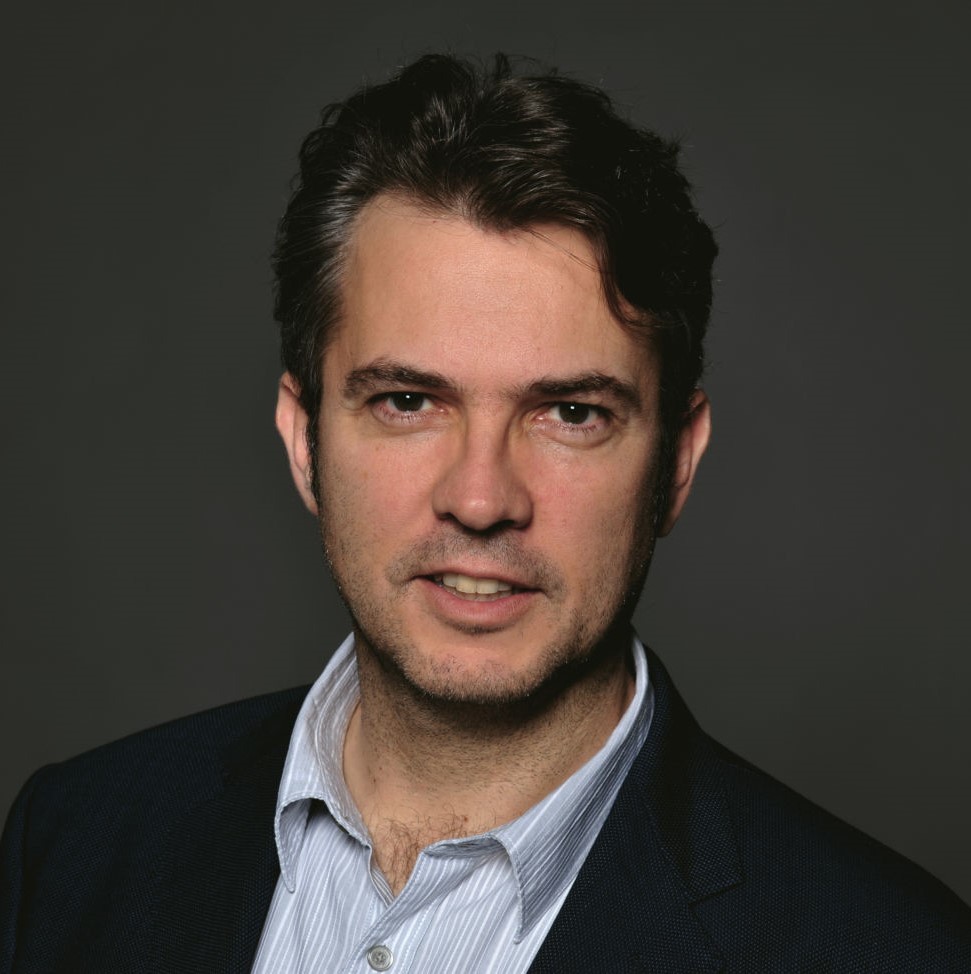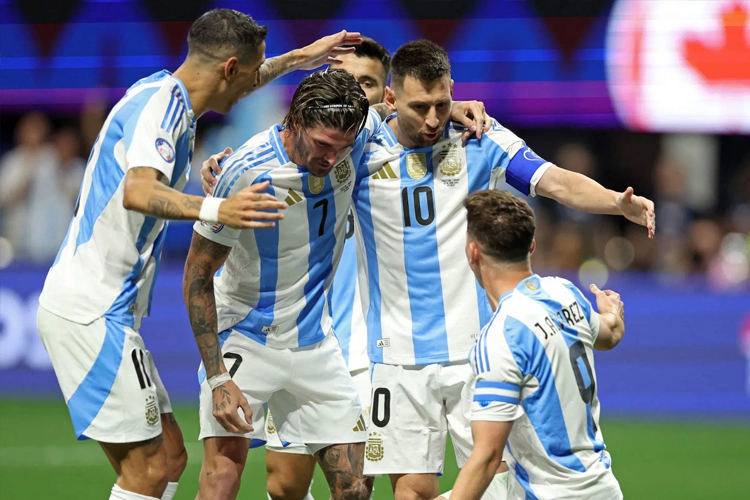Chinese Foreign Minister Qin Gang has been absent from the public for more than three weeks despite the diplomatic schedule in Beijing packed with important meetings.
Qin’s prolonged absence has fueled speculation about his fate and exposed the opaque nature of the leadership of the Chinese Communist Party (CCP) at the helm of the world’s second-largest economy.
When was Qin last seen?
Qin has not been seen in public since June 25, when he spoke with his Russian, Vietnamese and Sri Lankan counterparts.
Qin’s last appearance on state media was a meeting with Russian Deputy Foreign Minister Andrey Rudenko, who visited Beijing less than 48 hours after the failed rebellion of Wagner’s mercenary group against Moscow.
Since then, Qin, who was named foreign minister in December, has been conspicuously absent from high-level diplomatic engagements in Beijing.
Qin was due to meet EU foreign policy chief Josep Borrell on July 4, but EU officials announced that China was calling off the talks without explanation with just a few days’ warning.
Qin then failed to attend a closely watched meeting with US Treasury Secretary Janet Yellen and US climate envoy John Kerry.
At a meeting of foreign ministers at the Association of Southeast Asian Nations (ASEAN) summit in Jakarta last week, China was represented by senior diplomat Wang Yi, who was previously Qin and took over from the foreign minister in the CPC pecking order.
China’s foreign ministry at the time said Qin’s absence was due to “health reasons”, but omitted that explanation from the official transcript. Chinese officials have since avoided asking questions about Qin’s health or his whereabouts.
The lack of transparency has fueled a range of speculation both inside and outside China, including unsubstantiated rumors that Qin is no longer in favor with the rulers.
Qin remains listed as foreign minister on the official Chinese Foreign Ministry website.
What is Qin’s background?
Qin, a career diplomat, has long been considered a close confidant of Chinese President Xi Jinping as well as a rising star within the CCP, illustrating Beijing’s shift towards aggressive “wolf warrior” diplomacy in recent years.
The 57-year-old Tianjin native has served in the Chinese government since the late 1980s, mostly in foreign affairs roles.
Prior to his appointment as Chinese foreign minister, Qin held various diplomacy-related posts, including deputy foreign minister, chief foreign spokesperson and several posts at the Chinese Embassy in Britain.
Qin also served as head of the protocol department from 2014 to 2017, tasked with arranging Xi’s overseas trips and being close to the Chinese leader.
Recently, Qin served an 11-month term as ambassador to the United States, during which his appointment was widely interpreted as a sign that Xi is redoubling his efforts on “wolf warrior” diplomacy.
Qin dismissed China’s characterization of Xi as using “wolf warrior” diplomacy while saying Chinese diplomats have no choice but to defend their country from “wolves or wolves”.
How unusual was Qin’s disappearance?
It is not uncommon for high-profile figures in China to disappear for long periods without explanation, although in recent years the trend has involved businessmen and high-profile celebrities more than politicians.
Alibaba founder Jack Ma, actress Fan Bingbing and Chinese tennis player Peng Shuai are among a number of personalities who have disappeared from the public eye for some time in recent years.
In some cases, prominent figures have resurfaced months or even years later to be charged with crimes.
China’s justice system has a near 100% conviction rate, and authorities routinely deny suspects access to legal representation or contact with the outside world for long periods of time.
China did not confirm the whereabouts of Xiao Jianhua, a Chinese-Canadian billionaire who manages the family finances of top CCP officials, for more than three years after mainland agents took him from a luxury Hong Kong hotel in 2017.
In 2022, a Shanghai court sentenced Xiao to 13 years in prison for bribery and other corruption-related crimes.
Meng Hongwei, then head of Interpol, disappeared for several weeks in 2018 after being arrested in China. Meng was sentenced to 13.5 years in prison by a Chinese court in 2020 for corruption.
In February, Bao Fan, a well-known billionaire investment banker, disappeared for two weeks. His company later confirmed that Bao was “cooperating with the investigation” without giving further details.
Senior CCP officials also left the map.
Xi himself disappeared from public view for two weeks in 2012 before the once-in-a-decade CCP leadership transition, sparking speculation that the then vice president was no longer in favor.
In one of the most dramatic falls from the CCP’s inner circle in recent memory, Bo Xilai, former Communist Party secretary of Chongqing, disappeared from public view for several months in 2013 before being sentenced to life in prison for corruption after his wife was convicted of murdering a British businessman.
In 2015, Zhou Yongkang, a former head of China’s security services, became the most senior CCP official to be removed from his post after being sentenced to life in prison for corruption.
Steve Tsang, director of the SOAS China Institute in London, said the circumstances of Qin’s absence showed he was out of favor with Beijing.
“It is not uncommon for senior officials to disappear in China, but apart from Xi Jinping who disappeared for nearly two weeks before the 18th Party Congress, others have disappeared. In the latter case, they are usually in trouble – captured or investigated – when public references to them resurface,” Tsang told Drberita.
“Xi’s case is unusual in that he was the heir apparent at the time and, in hindsight, disappeared in a tactical move to get his way,” Tsang added.
“Qin is not senior enough or strong enough to play the game Xi played ten years ago. More likely than not, Qin’s disappearance was accidental. In this case, he was most likely in trouble. Being someone who was promoted in the fast lane by Xi, only Xi can punish Qin.

“Professional communicator. General music practitioner. Passionate organizer. Evil twitter fan.”






